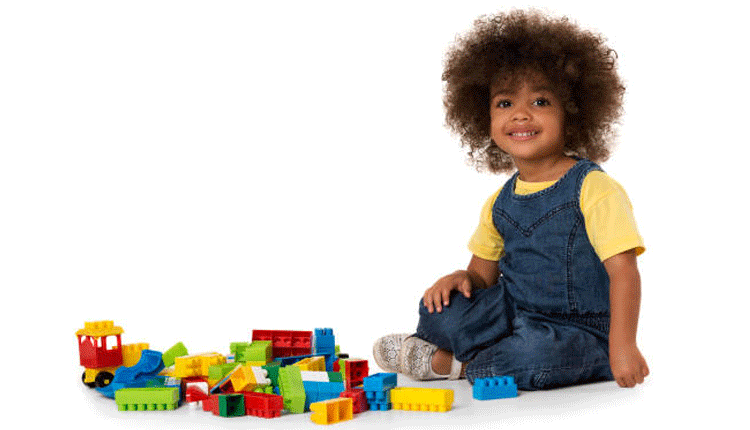Why you should rethink plastic toys on your kids

If you walk into Rosemary Njoki’s compound, you will be surprised to find a collection of toys and other children’s plastic products. These are some gifts she received during her baby shower.
Though many parents are always happy to hand over toys and other plastic products to their young ones, since they keep children happy for hours and the right ones are wonderful for encouraging development, creativity and can stir young imagination, Rosemary is always careful when handing over any plastic product to her son. She says, some plastic products can have toxic chemicals.
“All my son’s toys and plastic products are Bisphenol A (BPA) free. That is why I had to set aside most of the plastic gifts I received from my friends before and after giving birth since most of them contained BPA,” says the mother of one.
BPA is an industrial chemical used to make certain plastics and resins. The chemical is found in many plastic products — including toys and some sippy cups.
It is believed to be a dangerous endocrine disruptor since even small amounts of this chemical has been shown to cause serious reproductive damage, especially when the exposure occurs in utero.
“Many people think I am paranoid, but all I say to them is that my son’s safety is my priority.
I have been judged by many, but this has not made me rethink my decision,” she reveals

Rose Muthoni, is another mother who doesn’t use plastic baby products. She prefers silicone or bamboo products.
She says that she stopped using plastic products after reading a story on the internet about micro-plastic in water bottles and it got her researching about plastic in general.
“For my first child, I used all manner of plastic until I discovered they were not good for her health when she turned two years old. Since then, I have never looked back.
For my second and third child, I have been using other alternatives,” says Rose.
Before buying any plastic product for her babies, Rose always confirms if it is BPA-free.
And since manufacturers are nowadays indicating that product doesnt contain the chemical, yet it is not the truth, she has started buying silicone, steel, and bamboo-based feeding items. For storage, she uses Tupperware, a high-grade plastic.
“I know such products are quite expensive and that is why many parents avoid them, but we have second-hand ones, which are quite affordable.
I buy all my products at Gikomba market. No regrets so far,” adds Rose.
Long-term effects
Recent research by International Pollutants Network (Ipen), an organisation that fights for a toxic-free future to humans and nature, revealed that children’s plastic toys can be a source of toxic chemicals, especially when the manufacturer is not properly regulated and laws are not sufficiently enforced.
The report, How Baby Toys Could Impact Their Health Negatively, says parents need to know some of their children’s favourite toys could be exposing them to harmful chemicals.
It further says though only low levels of heavy metals are found in baby plastic toys, thus making it a relatively small part of a child’s overall toxic metal exposure risk, exposure from all sources should be minimised.
“The implications of heavy metals with regards to children’s health have been noted to be more severe compared to adults.
The element’s harmful consequences on children health includes mental retardation, neurocognitive disorders, behavioural disorders, respiratory problems, cancer, and cardiovascular diseases,” reads part of the report.
According to Achille Ngakeng, Ipen Francophone Africa Regional Coordinator, though the exposure effects are not immediate, they can provoke long-term effects on the health of the child.
The toxics can get into the child’s body either through saliva or just body contact with the toy in some cases.
In the developed world, regulatory and safety organisations have long addressed some toxic levels in toys, especially lead, but some other metals are not managed in the same way.
Regulations on other toxic heavy metals such as cadmium and barium are still voluntary, meaning that companies are legally free to swap out lead for a substance that could be equally destructive to a child’s body, or pick and choose the standards that are enforced.
“Parents are advised to be vigilant when buying plastic toys for their children. It is true they cannot possibly identify toxic-free toys because nothing on the toys labels the additive materials used in its production.
But for the sake of safety, the best they can do is to monitor and limit how their children play with plastic toys , especially taking them into their mouths, which is found to be their favourite hobby,” read part of the report.












